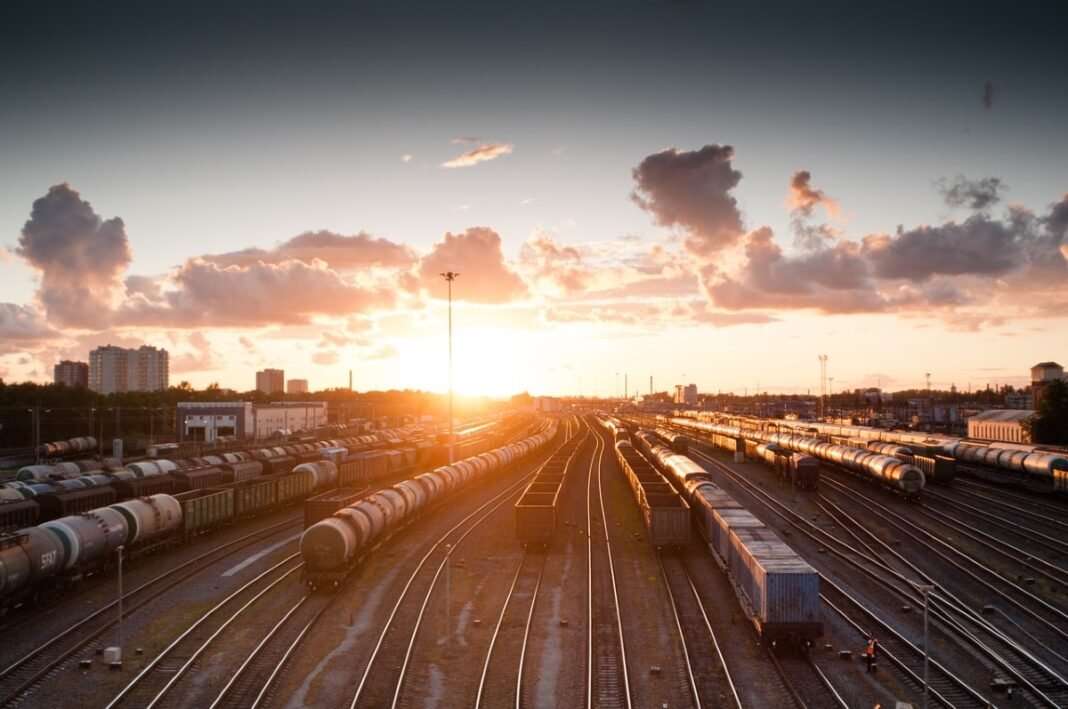Indian Railways, the lifeblood of India’s vast transportation network, has secured a significant boost to its infrastructure development plans. Steel supply contracts totalling ₹15.86 billion ($192 million) have been awarded to both public and private steel producers, signifying a crucial step forward in modernization and expansion efforts.
Leading the pack is Steel Authority of India (SAIL), the country’s largest state-owned steel producer. SAIL emerged as the biggest winner, securing contracts valued at, ₹889.17 crore ($108 million). However, the success story extends beyond the public sector. Prominent private players like Tata Steel, ArcelorMittal Nippon Steel (AM/NS), Jindal Steel and Power (JSPL), and Jindal Stainless (JSL) also secured significant shares of the contracts, reflecting a collaborative approach to bolstering India’s rail infrastructure.
These contracts were awarded through two separate tenders finalized recently. The first, initiated in July 2023, focused on procuring mild/corten steel sheets, plates, and coils, with SAIL securing the majority share (1.05 lakh MT) valued at ₹671.27 crore ($81.5 million). The second tender, launched in February 2024, aimed at acquiring stainless steel sheets and plates. Here too, SAIL secured a notable portion (16,356 MT) valued at ₹217.90 crore ($26.5 million).
The procured steel will play a vital role in shaping the future of Indian Railways. This vital material will be utilized in the fabrication of railway wagons, coaches, and foot over bridges, forming the backbone of crucial infrastructure projects. These projects will undoubtedly contribute to the network’s expansion and modernization, enhancing efficiency and safety for millions of passengers across the country.
Furthermore, this move by Indian Railways aligns perfectly with their ambitious plan to significantly increase locomotive production. They aim for a 27% increase in production for the fiscal year 2025, targeting a total of 1,500 units. This ambitious target, which they plan to maintain until fiscal year 2027, signifies a major stride towards strengthening India’s rail infrastructure.
Indian Railways’ commitment to self-reliance is also noteworthy. They operate eight production units across the country, manufacturing essential components like wheels, axles, locomotives, and coaches. Notably, they achieved a target of producing 1,180 new locomotives by the end of the 2023-24 fiscal year.
The securing of steel supplies and the ambitious production targets paint a promising picture for the future of Indian Railways. With a focus on collaboration, infrastructure development, and self-reliance, Indian Railways is poised to become an even more efficient and reliable mode of transportation for millions of Indians.





